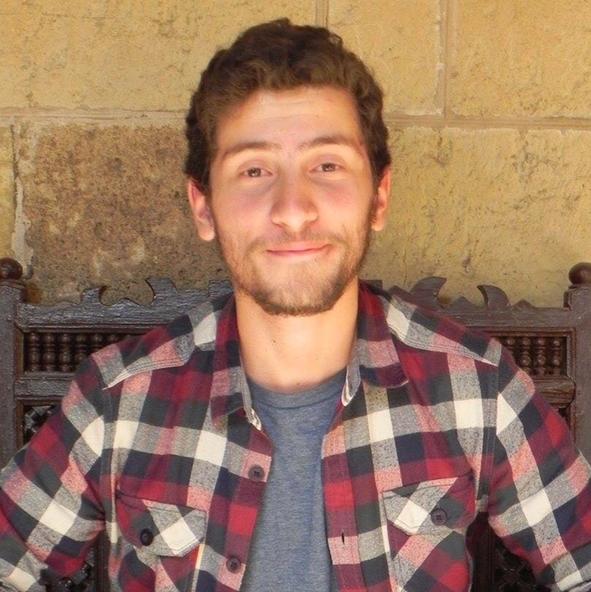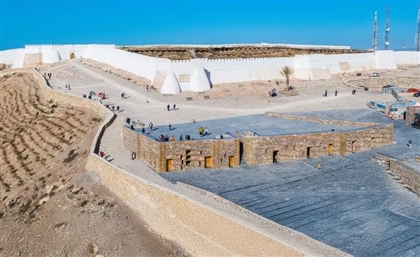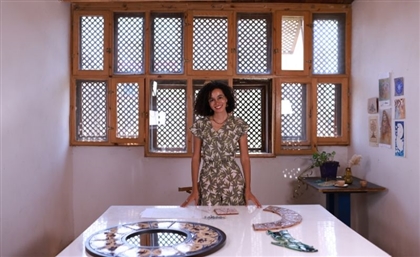Union of Intl Architects Appoints First Egyptian at UN SDGs Commission
Iman Gawad, Professor of Sustainable Design at Helwan University, became the first Egyptian appointed at the United Nations SDGs commission at the Union of International Architects.
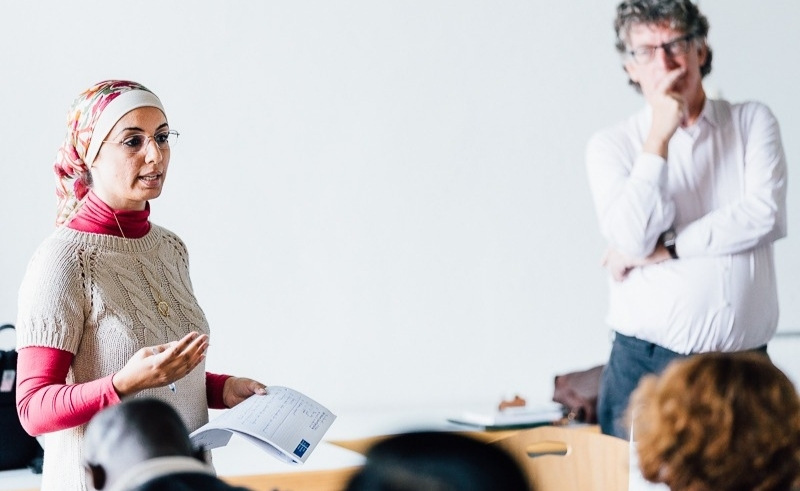
Professor Iman Gawad became the first Egyptian, Arab and African to be appointed as the co-director of the United Nations Sustainable Design Goals Commission at the Union of International Architects. For Gawad, a Professor of Sustainable Design at the Faculty of Arts in Helwan University, this is but the latest of a series of firsts in her career; she had been previously elected in Spain’s Palma De Mallorca as the first woman secretary general at the Union of Mediterranean Architects in 2018.
Boasting a deep background in sustainability, Professor Gawad earned a Master’s degree in sustainable design in Dublin, that was part of a scholarship she received from Rotary -and eventually becoming the President of the Rotaract Club of Giza Metropolitan and a good-will ambassador of the Rotary Foundation - followed by her PhD in environmental designs in the Red Sea, specifically on solar control.
Along with her bilingualism in English and French, Professor Gawad’s experience helped pave the way for her policies, establishing workshops that range from Enna in Sicily. Through her efforts, Professor Gawad highlighted connections between Mediterranean cultures, and Berber villages in the South of Tunisia, where her work focused on preserving and learning from vernacular architecture.
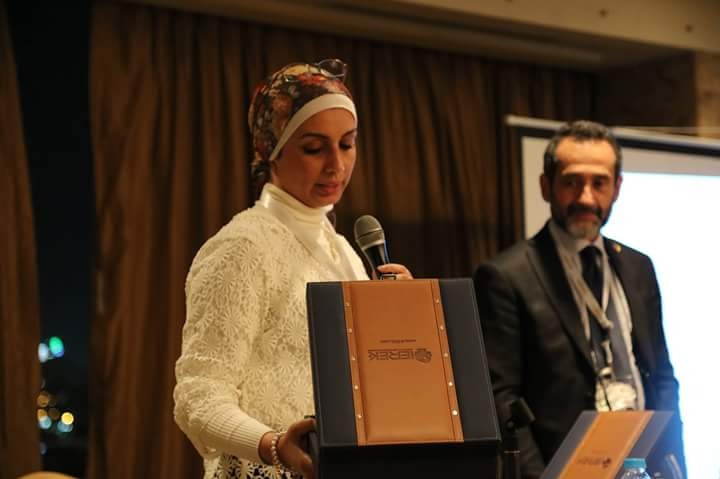 “Caring about the environment is a must. It’s not a new trend, it’s the new normal,” Professor Gawad tells #SceneHome, with eyes set on the plans her commission has in place for the upcoming COP27 UN climate change conference in Egypt’s resort town of Sharm El Sheikh. “We need to make interdisciplinary connections to meet this wave of sustainable thinking.” Taking up leading positions in multiple entities has allowed Gawad to link workflows together and ease the application of policies. In other words, to get things done.
“Caring about the environment is a must. It’s not a new trend, it’s the new normal,” Professor Gawad tells #SceneHome, with eyes set on the plans her commission has in place for the upcoming COP27 UN climate change conference in Egypt’s resort town of Sharm El Sheikh. “We need to make interdisciplinary connections to meet this wave of sustainable thinking.” Taking up leading positions in multiple entities has allowed Gawad to link workflows together and ease the application of policies. In other words, to get things done.
One of the initiatives under the UIA is ‘The Great Green Wall’, a project by the African Union that aims to slow down deforestation in Africa. Gawad is the North Africa coordinator in the international design competition that will present settlement designs for inhabitants which will be displayed at the climate summit. “Fortunately, this time it’s in Sharm El Sheikh, in our country,” Professor Gawad says. “Applications are open for the competition and they will be judged on the basis of conservation and inclusivity.”
The UIA operates in duality. First there are the commissions which formulate mandates and ensure they are adhered to, like how Professor Gawad’s work involves creating booklets presenting their SDGs agenda in multiple languages. “We grouped specific SDGs in a way that fits design specs,” Professor Gawad explains. “Highlighting how architects can directly contribute to some of them, and apply the rest in their professions.” Such points include utilising local materials, considering green spaces and energy, and planning for inclusivity.
Then there are working bodies; programmes that get into the niches and make sure details aren’t overlooked and no part of the community feels left out. ‘Architecture for All’ focuses on how designs can be inclusive and user friendly to everyone, mainly people with disabilities, and ‘Architecture and Children’ encourages participation in design even from a young age. “SDGs are like jokers, because they are applied to almost every working body,” Professor Gawad explains.
“We are one of the most accredited countries under current mandates,” the professor continues, referring to Egypt’s overhaul in representation when it comes to all things green. Seif Naga, the head of the Society of Egyptian Architects, is the treasurer of the UIA, while Ashraf Salama is the co-director of the education commission and many more Egyptian members participate in working bodies such as Heritage and Culture Identity, Architecture for All and Architecture and Children.
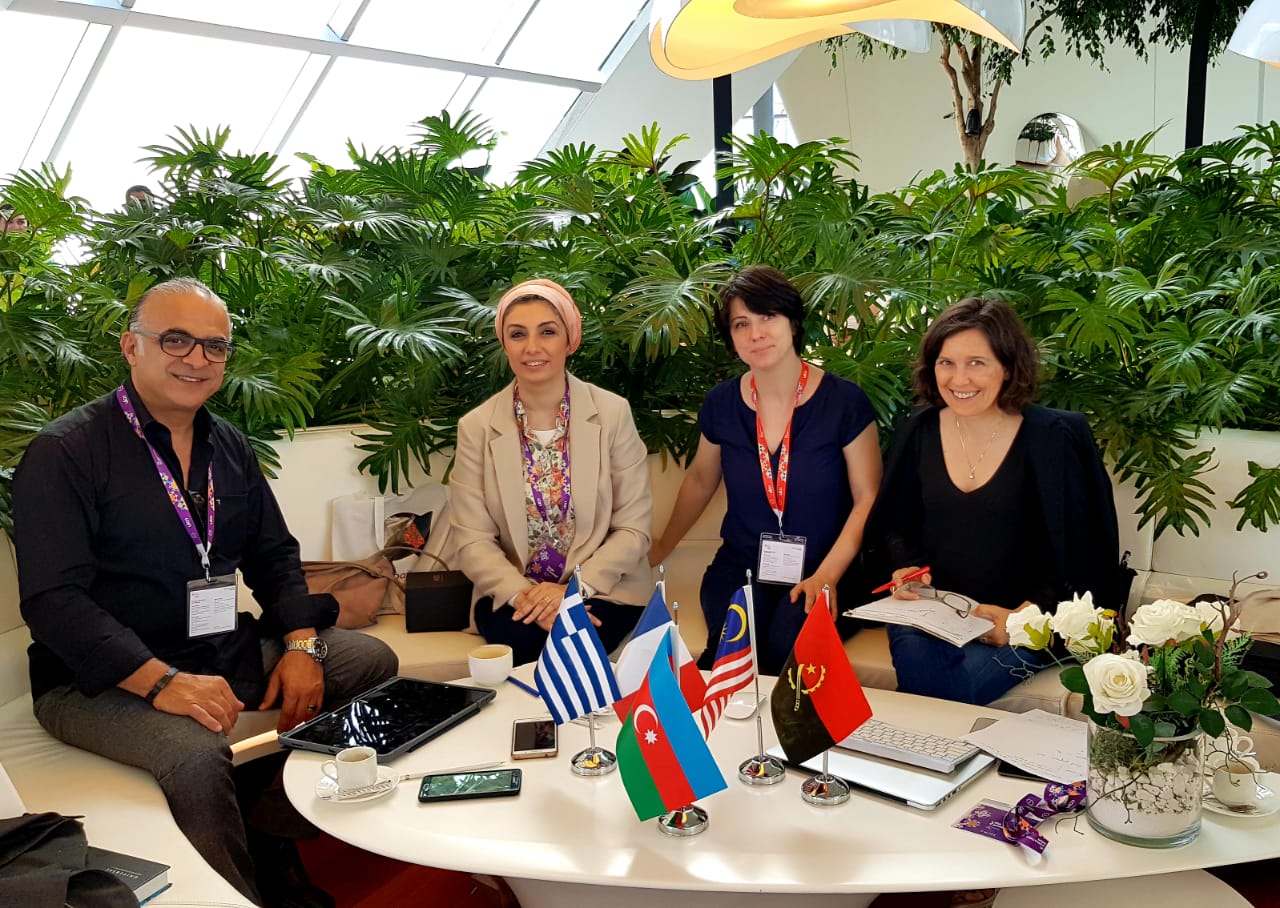 Throughout Professor Gawad’s administrative work, from being the head of the International Students Affairs at Helwan University, to bridging the gap between different architectural entities and regions, what she noticed is that we are all connected – despite any differences – in one way or another. This connection, Professor Gawad insists, has to be the foundation upon which a sustainable future will be built.
Throughout Professor Gawad’s administrative work, from being the head of the International Students Affairs at Helwan University, to bridging the gap between different architectural entities and regions, what she noticed is that we are all connected – despite any differences – in one way or another. This connection, Professor Gawad insists, has to be the foundation upon which a sustainable future will be built.
- Previous Article The Enduring Charm of Jeddah’s Old Town of Al Balad
- Next Article Capturing Egypt's Design Boom with Photographer Nour El Refai
Trending This Month
-
Jan 31, 2026



